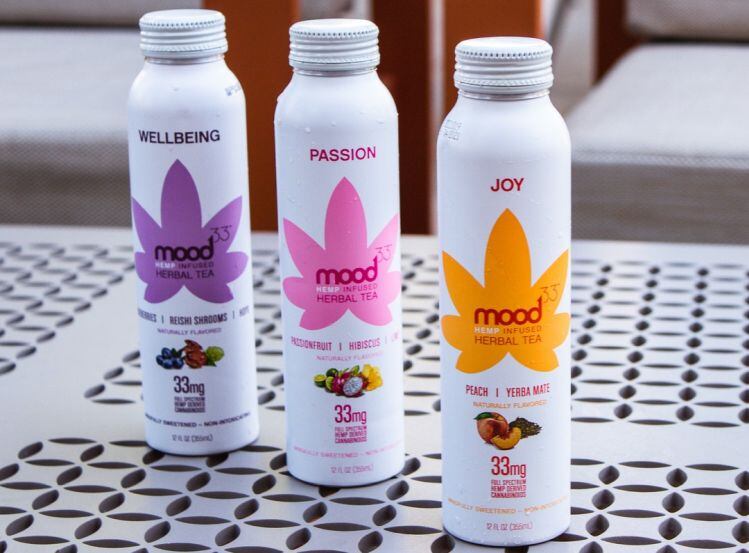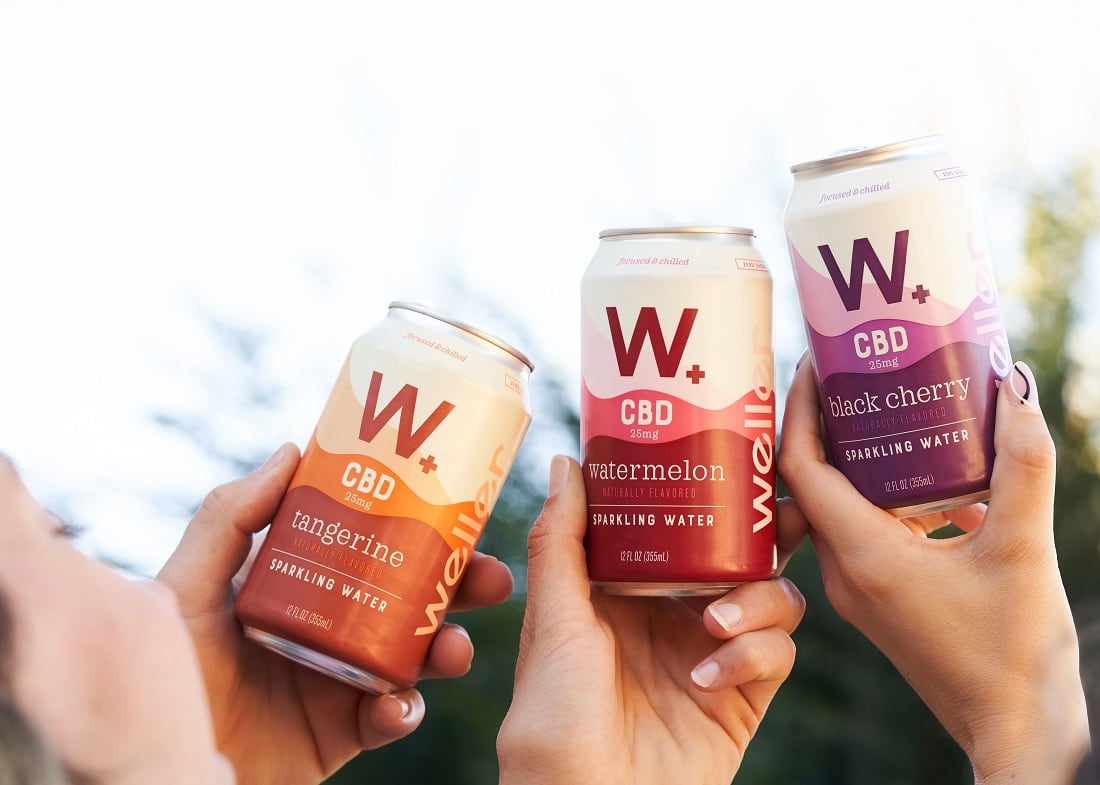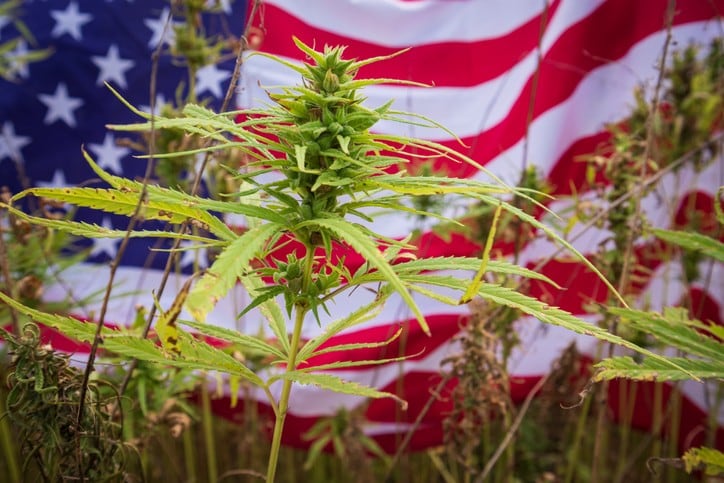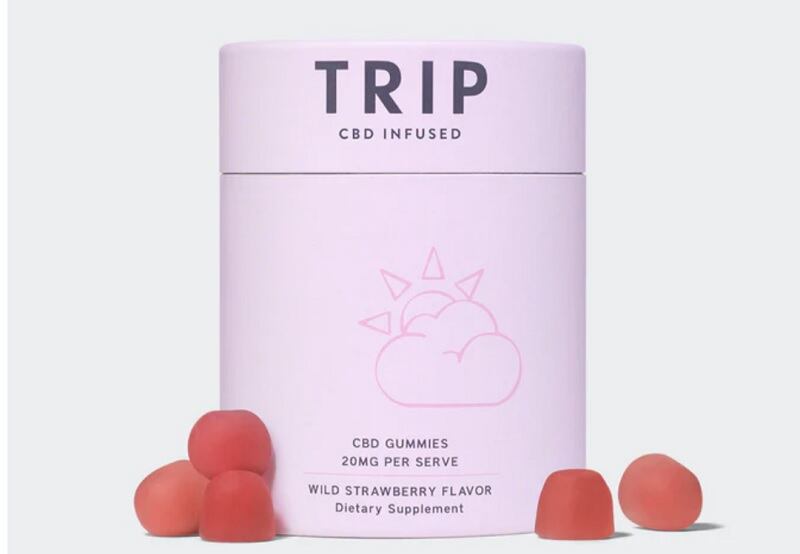The FDA has frustrated many industry stakeholders with its approach to CBD since the 2018 Farm Bill, on the one hand stressing that it does not consider the cannabinoid to be a legal dietary ingredient because it was first investigated as a drug, but on the other hand appearing to tacitly endorse its sale by going after some brands (eg. those making egregious claims) but not others.
This – according to critics – has led to a Wild West scenario where responsible players are competing with ‘fly-by-night’ companies and trying to navigate a regulatory minefield and a patchwork of state regulations while the FDA explores a regulatory path forward at a federal level.
FDA: Using gummies, hard candies, and cookies as a delivery vehicle for CBD ‘especially concerning’ given their potential appeal to children
In a constituent update released on Monday (Nov 21), FDA said it had “not found adequate information showing how much CBD can be consumed, and for how long, before causing harm” and had just sent warning letters to five companies selling CBD-infused foods or beverages:
- 11-11-11 Brands (Mood33)
- Naturally Infused LLC
- Newhere Inc dba CBDFX
- Infusionz LLC
- CBD American Shaman, LLC
Some of the explanations were not especially unusual, with some brands accused of making unsubstantiated health claims; some cautioned over the addition of the cannabinoid Delta-8 THC, which the FDA claimed has "psychoactive and intoxicating effects;" and others criticized for selling CBD "in forms that are appealing to children" such as gummies, hard candies, and cookies.
However, the FDA also went further, adding that it took issue with "companies selling CBD containing products that people may confuse for traditional foods or beverages, which may result in unintentional consumption or overconsumption of CBD."
It added that "FDA is not aware of any evidence that would call into question its current conclusion that section 301(ll) of the FD&C Act [21 U.S.C. 331(ll)], prohibits the introduction into interstate commerce of any food to which CBD has been added."
Failure to list CBD as an ingredient…
In the letter to 11-11-11 Brands (created by industry veteran Eric Schnell), the maker of Mood33 beverages, FDA argues the products are adulterated even though they do not make any explicit claims about purported health benefits, Delta-8 THC, or deploy kid-friendly product formats..
It noted: "There is no food additive regulation which authorizes the use of CBD" and it is "not aware of any basis to conclude that CBD is GRAS for use in conventional foods."
The FDA said it was “particularly concerned" that Mood33 products "are in a form (herbal tea or beverage) that consumers may confuse with traditional foods.”
It also suggested that referencing ‘full spectrum hemp extract’ on pack but not spelling out that the product contained CBD – an approach adopted by many brands given some retailers’ reluctance to sell products that explicitly reference ‘CBD’ - meant some consumers could unwittingly ingest CBD.
“There is a risk of unintended consumption of the CBD ingredient by consumers, which is exacerbated due to the failure of the label to list CBD as an ingredient [Mood33 lists ‘full spectrum organic hemp extract’ on the pack, which does not mention CBD].”
CBD may affect caffeine metabolism
It also noted that the combination of CBD and caffeine could have unintended consequences: “We note that the Joy Peach-Yerba Mate and Energy Raspberry Lemon-Guayusa-Green Tea varieties also appear to contain caffeine. Evidence suggests that CBD may affect caffeine metabolism and may increase and/or prolong caffeine’s effects.”
Mood33 creator Eric Schnell told us: “While we appreciate the FDA’s enforcement responsibilities, we have already been in the process of shutting down the operations of 11-11-11Brands. For a variety of reasons, including the pandemic and uncertainty in the industry, it was no longer a viable business and it had not been profitable for some time.
"We are not selling any new products and do not plan on restarting unless regulations change. Sad, as this category had so much promise after the Farm Bill was passed.”
'Quite frankly, I'm concerned for our entire industry'
The warning letters came as a shock to some CBD-infused brands contacted by FoodNavigator-USA for comment, with one industry source that did not want to be named for fear of attracting unwanted regulatory attention telling us that the landscape was just starting to look more positive for players in the segment, with several states including California now explicitly authorizing the sale of foods and beverages containing CBD, and high-profile retailers such as Wegmans and Sprouts both launching CBD beverage sets.
"Quite frankly, I'm concerned for our entire industry, given the FDA's aggressive position today because these companies don't appear to be making health claims, which is what the FDA has typically gone after."
US Hemp Roundtable: ‘Congress has to act'
Jonathan Miller, general counsel for the industry-backed US Hemp Roundtable, told FoodNavigator-USA that Congress must act.
"It’s become ever more apparent that Congress needs to act expeditiously to require FDA to establish a regulatory pathway to govern food and beverage products where CBD is an additive.
"We are very hopeful that in the next Congress we will see movement on bills such as HR 6134 [whereby foods and beverages containing CBD derived from hemp must conform with current FDA requirements pertaining to food additives or be generally recognized as safe: GRAS] and S1698 [permitting hemp-derived cannabidiol and hemp-derived cannabidiol containing substances in dietary supplements and food] which would truly protect consumers and promote the interest of hemp farmers."




